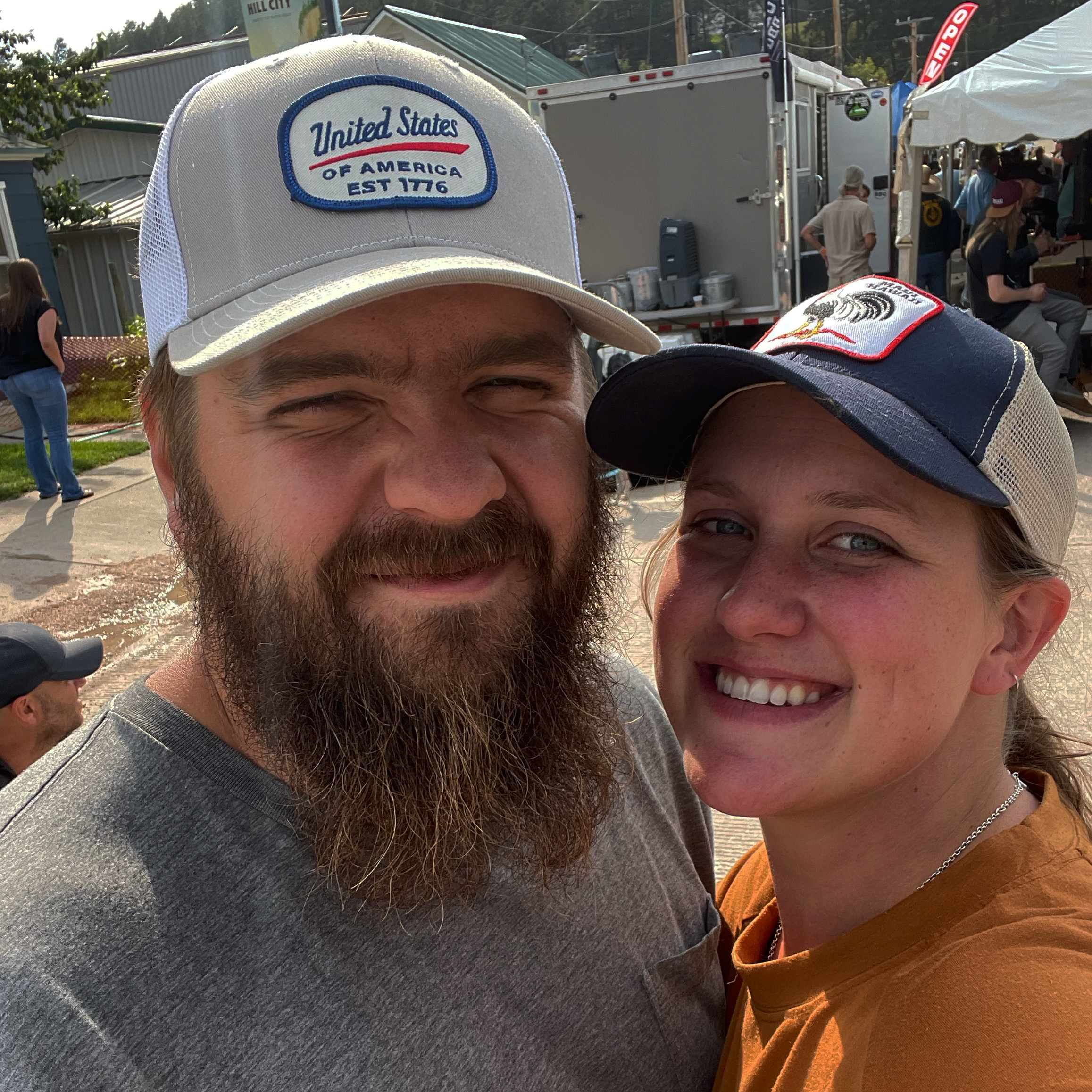What Do Plants Need To Thrive?
- gardnershenanigans

- Mar 8, 2023
- 4 min read
A simple answer at the surface that can become increasingly complicated the deeper you delve into what's actually going on at a microscopic level. But for the beginner-intermediate gardeners you need only stay in shallow waters. Simply put plants need three things to thrive; sun, water, nutrients. Whether you're setting up your first garden or assessing conditions in a current garden the location of your garden will greatly influence all three.

Sunlight being imperative to the growth of plants, it provides the fuel for photosynthesis; the plants innate capability to create their own energy. Without adequate sunlight your plants will fail to perform as there were created to. Yes, there are oodles of shade loving plants as well, this is why placement of your garden should be your very first priority when installing any garden. Be intentional when choosing what you want to grow based on what it needs to produce its fruit.
An area receiving 8+ hours (minimum) of sunlight per day is perfect for food gardens. Keep in mind that larger heat-loving plants (tomato, squash, corn) can provide some protection for cooler weather plants (lettuce, cilantro, spinach) that benefit from some afternoon shade. Spend time observing the suns pattern over your plot during the growing season to determine which spots get the most consistent hours of sunlight. Structures like trees and buildings will have the greatest influence on your garden site.
Water is another essential that can be greatly affected by location. Is your site close to water sources or how far will you need to bring water by hose or pail? Is your site at the bottom of a hill where run off water will pool? Or at the top of a hill where it will dry out faster? Are you
gardening in the ground, raised beds or containers? All will affect the frequency of your watering. The most effective way to test soil moisture is by pushing your pointer finger down into the soil as deep as it will go, if its dry at your fingertip then you need to water. Over time you'll get to know your garden and its soil and learn to quickly recognize when it needs a good soak.

Next do you plan to hand water or set up irrigation? I find such peace and pleasure in watering my garden. However the more you expand the bigger the time commitment to watering. Do not overlook how much time goes into watering a garden in the hot months of summer.
Locating your garden as close to heavy traffic areas as possible will deeply benefit you when it comes to managing watering, pests, and harvesting. Work smarter not harder. The last thing your garden wants is to be out of sight and out of mind.
Proper watering can be life or death for a garden so again, location, location, LOCATION! My garden is literally right outside my door so its practically impossible to neglect it. At my last home I had a two big gardens, one of which was halfway across 5 acres from my backdoor and it was much easier to get caught up in daily life and forget to water.... or turn the hose off, ahem, ask me how I know.. Another factor to determine watering practices will be to figure out your soil type and assess its ability to retain water. For me I have heavy clay soil so water can pool easily in certain places.
Water and sun will make no difference if your plants do not have ample access to nutrition. There are countless vital cell processes involved in making a plant healthy and capable of fruiting and producing food for you. Creating a healthy soil environment is absolutely essential to the health and productivity of your garden.
There are billions of microorganisms in a living thriving soil that deliver nutrients to plants through their roots. Implementing soil building practices in your garden is one of the first steps to achieving a well draining and nutrient rich soil. Actions as simple as keeping your garden well mulched and adding compost before/after growing seasons will ensure your soil is healthy.

If you want to get scientific with your soil to better understand its needs send samples in for testing with your local extension office. You can even find affordable do-it-yourself soil tests on amazon. These tests will tell you if your soil is deficient of anything and what amendments may help improve the health of your soil. One of my very favorite ways to cultivate the garden is with chickens. They shallow till and fertilize all in one with no machinery needed. They are free garden labor! Even more they will help sterilize your soil of harmful insect pests that can destroy your crops. I love letting chickens into my garden for a few weeks before planting and then again after the harvest, they sure know how to clean up and reset a garden.
With spring right around the corner now is the perfect time to be penciling out your first garden or planning any changes or improvements to your garden. Keeping in mind these three simple growing factors will guarantee a happy healthy garden ready to grow you tons of food. Don't overthink it and remember to always enjoy the process. Above everything don't forget to just sit and enjoy your garden sometimes, its not just a place of working for food but a place for your soul to dance. So let it.




Comments